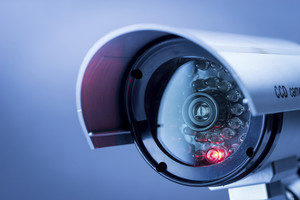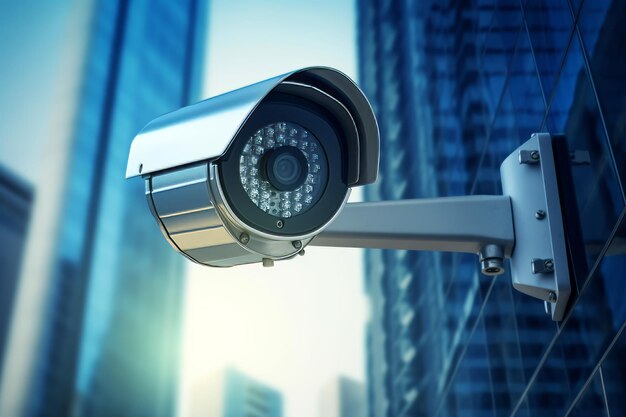The Personal Data Protection Act (PDPA) is a comprehensive data protection law in Singapore that governs the collection, use, disclosure, and retention of personal data. With the increasing use of Closed-Circuit Television (CCTV) cameras in public and private spaces, it is important to understand how the PDPA applies to the deployment and operation of these devices in order to ensure compliance with the law.
Under the PDPA, organizations that implement CCTV surveillance must ensure that they do not collect more personal data than necessary for the purpose of monitoring and ensuring security. This includes obtaining consent from individuals before capturing their images and ensuring that the data collected is stored securely and only accessed by authorized personnel. Failure to comply with the PDPA can result in fines and penalties, making it essential for businesses and individuals to familiarize themselves with the requirements of the law when using CCTV cameras for surveillance purposes.

Compliance with PDPA Guidelines
Organizations must adhere to the PDPA guidelines when implementing CCTV surveillance to ensure the protection of personal data. This includes obtaining consent from individuals before capturing their images and ensuring that the data collected is stored securely and accessible only to authorized personnel. Failure to comply with these guidelines can result in fines and penalties, emphasizing the importance of understanding and following the PDPA regulations. For more information on how CCTV installation may impact PDPA compliance, visit กล้องวงจรปิดละเมิดกฎ PDPA หรือไม่.”
Importance of Data Security
Data security is crucial when it comes to CCTV surveillance under the PDPA. Organizations must ensure that personal data collected through these devices is protected against unauthorized access or disclosure. By following proper security measures, such as encryption and access controls, businesses can mitigate the risk of data breaches and ensure compliance with the law. Understanding the implications of CCTV installation on data protection is essential for organizations to safeguard personal information and maintain trust with their customers. To learn more about how to strengthen data security in CCTV systems, visit กล้องวงจรปิดละเมิดกฎ PDPA หรือไม่.”
In conclusion, adherence to the PDPA guidelines is essential for organizations implementing CCTV surveillance to protect personal data and ensure compliance with data protection laws. Obtaining consent, securely storing data, and restricting access to authorized personnel are crucial steps in maintaining the privacy and security of individuals captured on camera. By prioritizing data security in CCTV systems, businesses can mitigate the risk of breaches and uphold trust with stakeholders. Understanding the impact of CCTV installation on PDPA compliance is key to safeguarding personal information and upholding privacy rights in today’s digital age.



